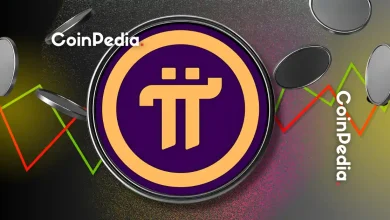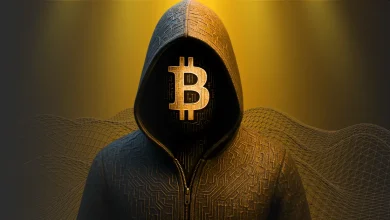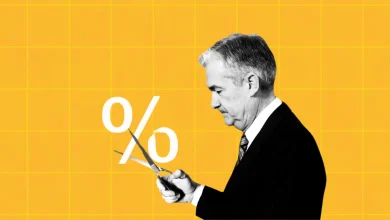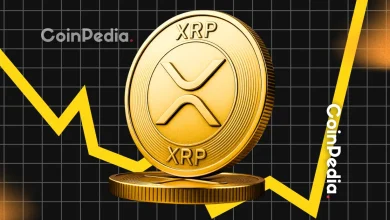
XRP holders grow restless due to delay in Ripple-SEC legal proceedings.
Some suggest a hands-on approach, proposing to write letters to the judge.
Crypto lawyer John Deaton advises against contacting the judge.
The extended pause in proceedings in the Ripple-SEC legal faceoff has given rise to restlessness among XRP stakeholders. This unsettled sentiment is evidenced by an evolving movement among the community to take a more proactive stance in the proceedings.
Frustration has been mounting following the delay in significant progress, as presided over by Judge Analisa Torres. This delay has taken a toll on the value of Ripple’s digital asset, XRP, causing a 20% depreciation since March 21. What’s next?
A Frustration-Fueled Community
Among the most vocal advocates for a hands-on approach is Rhys K, a known crypto-enthusiast and Twitter user. In a recent tweet directed at renowned cryptocurrency lawyer John Deaton, Rhys K revealed that several community members are considering letter-writing to the judge in an attempt to expedite proceedings.
John Deaton, a well-respected legal figure in the XRP and Ripple community, promptly responded to this call to action with a clear message discouraging any attempts to contact the judge or associated parties in the lawsuit. In his plea to the community, Deaton made it clear that nothing beneficial could come from such actions.
Deaton’s response triggered a flurry of comments from the community, expressing various views on the subject matter.
Read More: Ripple vs SEC: Why is the Summary Judgement Stretching On? Deaton Provides Insights
The Community Chimes In
One community member opined on the complexity of social media, expressing that while many might post drastic suggestions under the guise of humor, the seriousness of such ‘jokes’ might be lost unless the context is abundantly clear.
Others in the community expressed their concerns about the potential consequences of such direct contact with the judge’s office, emphasizing the importance of remaining patient during this crucial waiting period.
The suggestion that anti-XRP parties might already be penning letters to annoy the judge was also made, leading to a shared sentiment that any action, be it encouraging or otherwise, might inadvertently draw unnecessary attention and possibly provoke negative outcomes.
The waiting game, it seems, must continue.







